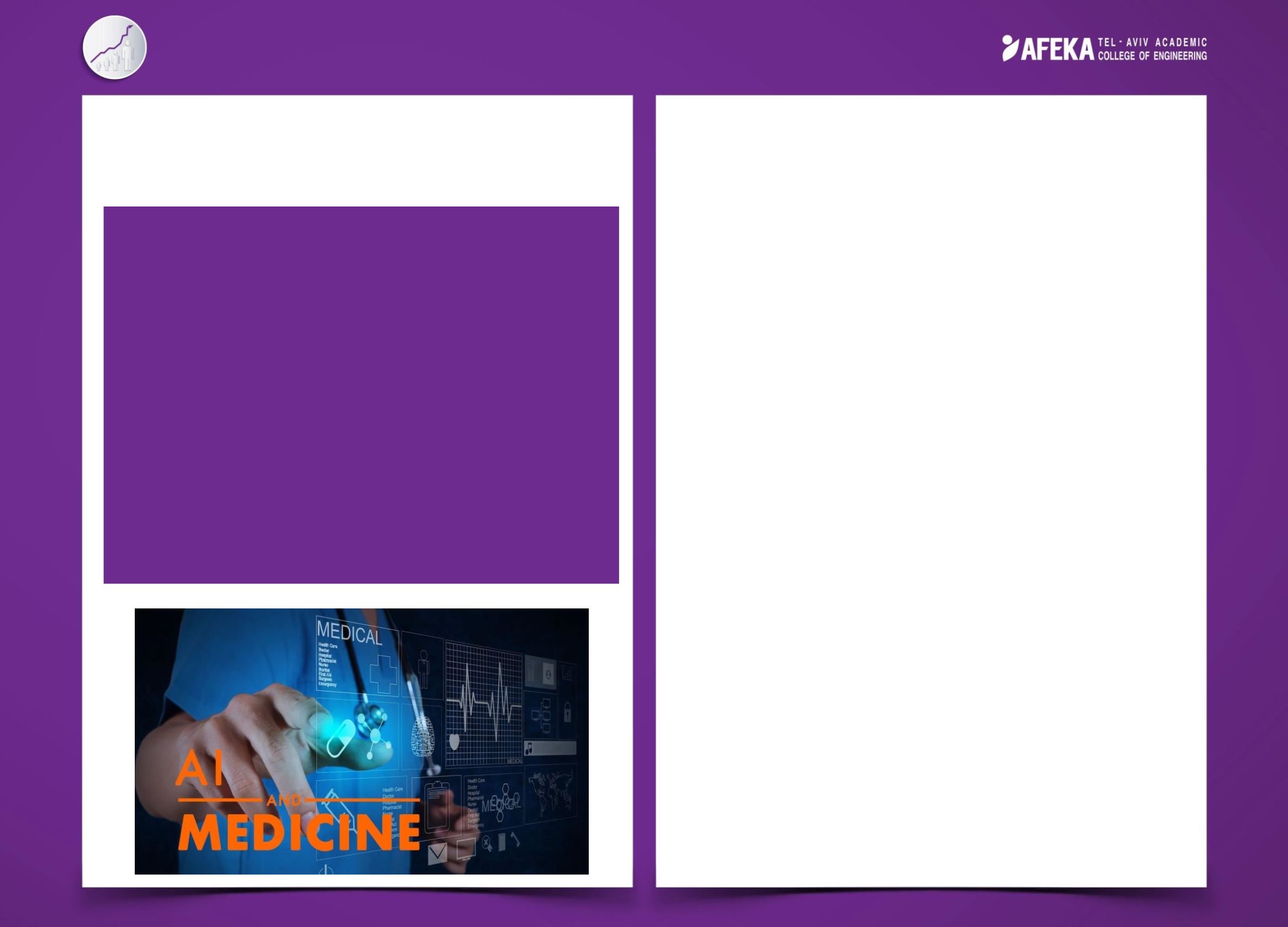

Predicting subjective health gain of a hip
orthopedic operation using patient reported
outcome measures
(free text – minimum font size 36)
Roi Budanizky
Advisor: Daniel Dor
Industrial Engineering
In recent years, world's health organizations know the value and
importance of patient's self health esteem. Considering that, many
subjective measures and methods have taken their place in the health
systems. Those measures are often called QoL measures – Quality Of
Life. One of the popular generic measure that the health systems use a
lot is called EQ5D. Its purpose is to estimate a patients quality of life in
five dimensions: 1. Mobility, 2. Self-Care, 3. Regular Activity, 4.Pain or
Inconvenience and 5. Anxiety or Depression. Each dimension is ranked
by 3 levels – no problem, minor or medium problem and severe
problem. In addition to the general EQ5D questionnaire, a disease
specific questionnaire is added, and a big picture about the patient's
subjective health state.
The NHS (National Health Service) organization, which is the British
health main institute, collect patient's questionnaires for a few years
which called PROMs questionnaire. PROMs stand for Patient Reported
Outcome Measures. PROMs include both EQ5D and disease specific
questionnaires, and the patient get to answer them before and after a
surgery. EQ5D questionnaire is summed up for an index which is a
continuous number in the range between -1 for the lowest or worst
score, and 1 for the highest and best score. According to that, one may
compare a patient's state before and after a surgery and decide
whether the surgery has been a success, or it worsened the patient's
self-perspective of its health – which practically means the surgery has
failed.
In this project, we'll try to forecast a patient's post-surgery EQ5D index,
with the help of its pre-surgery EQ5D and disease specific answers, and
therefore, we'll try to forecast the success of the future surgery. The
surgery we will address is a hip-replacement surgery, which is quite
complex and therefore has many risks in it. Our disease specific
questionnaire in the PROMs we will analyze is going to be the Oxford
Hip questionnaire. Regardless, we will try to find hidden connections
within the PROMs and maybe find reasons that explain the success or
a failure of this kind of procedure.
This project’s goal is to find whether machine learning tools
can predict, and with what precision the outcome of a
future surgical procedure. The measure which this project
try to predict is a subjective measure that’s called EQ5D
score – a general health questionnaire which a patient fill
up before and after a surgery. This questionnaire is
composed from 5 questions in different aspects of life –
then it sums up to a one continuous score between -1 to 1
that reflects the subjective feeling of the patients health
regards to his medical condition – in this project: a hip
replacement surgery. We have successfully predict this
measure with a precision of 0.146 MAE using artificial
neural network (ANN), and showed this can be done and
provide a big benefit to the medical teams and hospitals,
and of course to the patient himself.
















